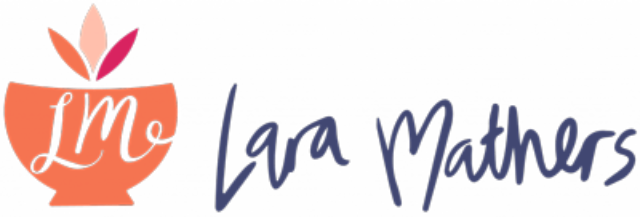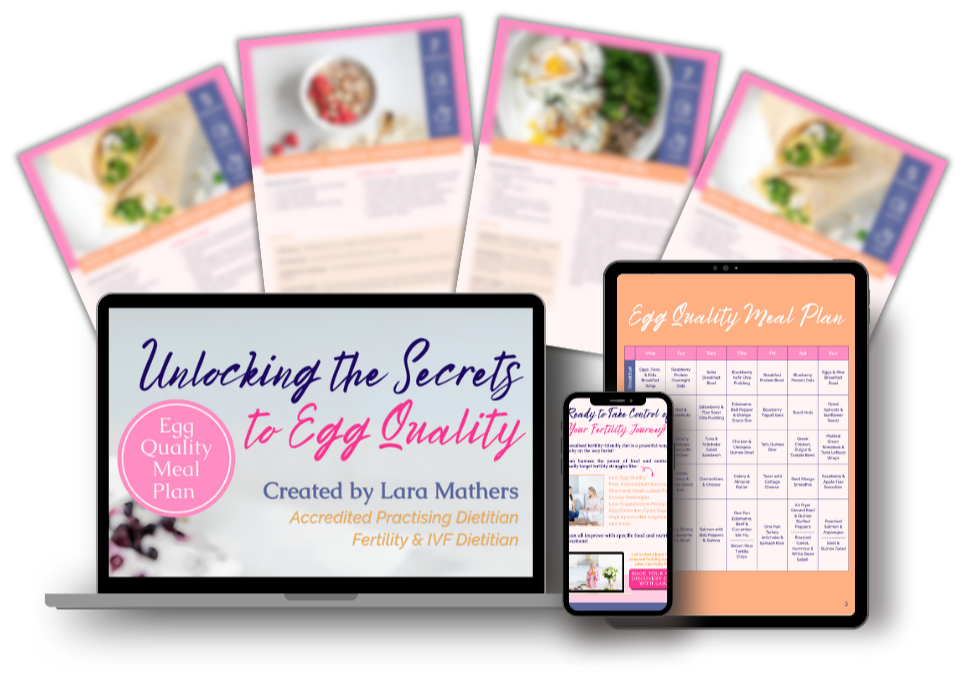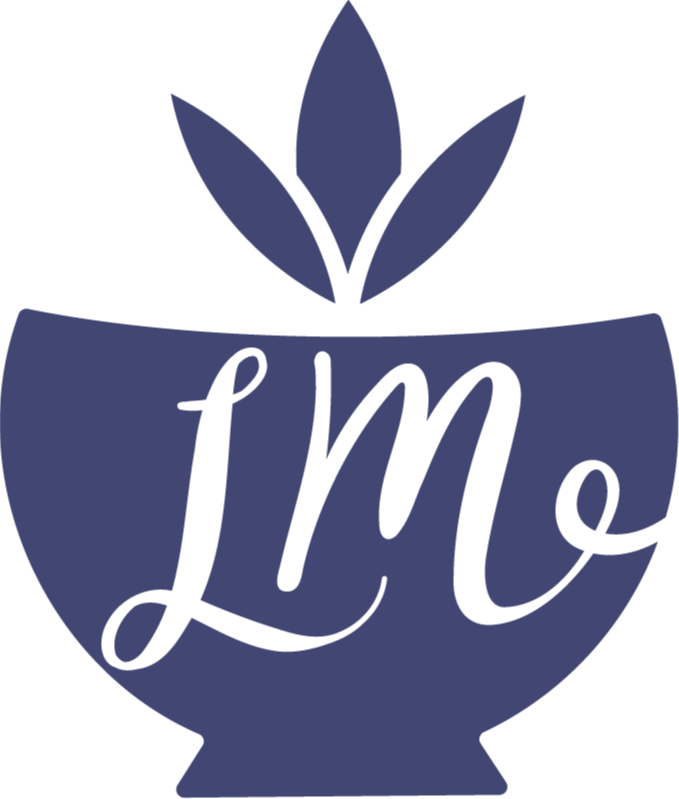Could NMN and NAD+ Help Improve Egg Quality & Fertility?

Age is one of the biggest contributors to delays in conception and the increased need for fertility treatments. Unfortunately, while we can’t turn back time on our eggs and sperm, we can influence their quality through lifestyle choices and targeted nutrients. One promising area of research in age-related infertility focuses on NAD+ and its precursors, such as NMN (nicotinamide mononucleotide) and NR (nicotinamide riboside).
Over the past few years, NAD+ has gained attention in the fertility space. But what exactly is NAD+, and should you be taking supplements like NMN or NR to improve your egg quality?
What is NAD+, and Why is it Important?
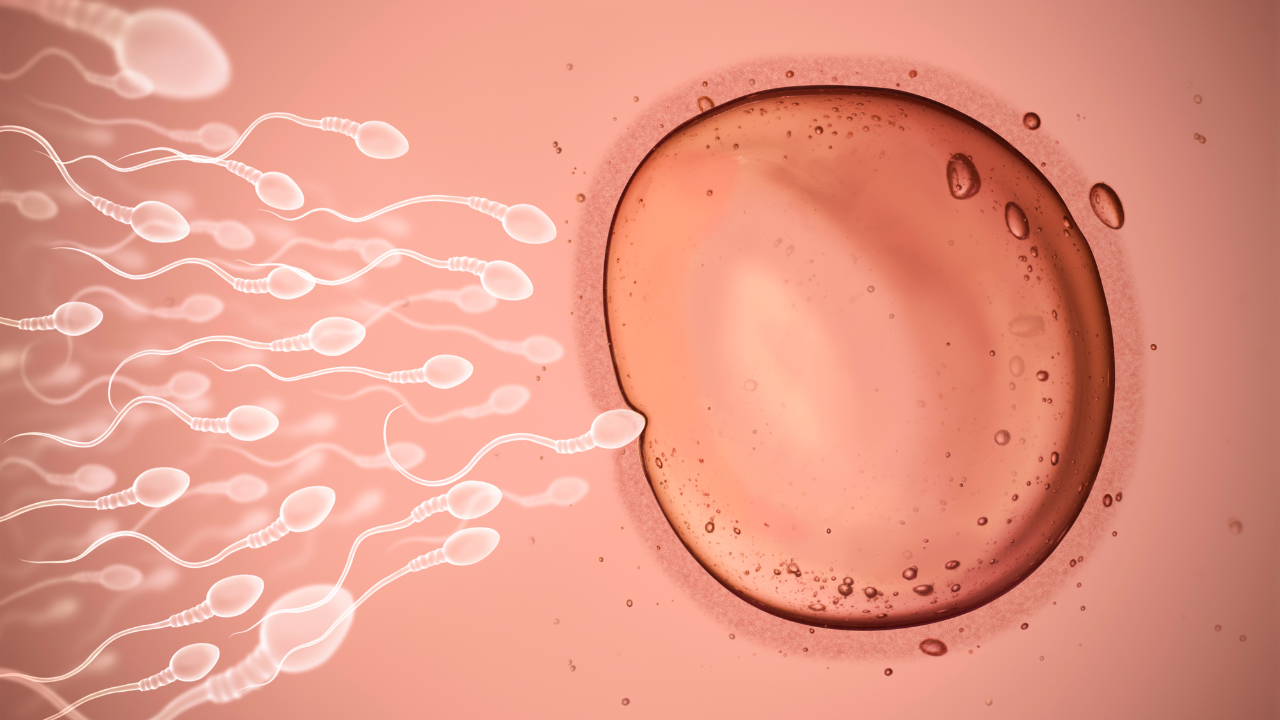
NAD+ (nicotinamide adenine dinucleotide) is a coenzyme essential for various cellular functions, including energy production, metabolic pathways, DNA repair, and immune function. It plays a crucial role in maintaining cell health and longevity.
As we age, NAD+ levels naturally decline, contributing to various age-related conditions—including the decline in egg quality. Research suggests that restoring NAD+ levels may slow down or even reverse some of these effects, making it particularly interesting for fertility optimization.
NMN and NR: Precursors to NAD+
NMN and NR are two of the most studied precursors that help the body produce NAD+. Among these, NMN is considered the preferred supplement because it is water-soluble and efficiently converts into NAD+ after ingestion.
Animal studies have shown promising results. Research in aged female mice demonstrated that NMN supplementation rejuvenated egg quality, restoring fertility to levels comparable to younger mice. This suggests that NMN may hold potential for improving egg health in humans, though more studies are needed.
NAD+ and Egg Quality: What the Research Says

A groundbreaking 2020 study from the University of New South Wales explored how NAD+ affects egg quality in aging. Researchers found that supplementing older female mice with NMN restored their egg quality to a state equivalent to that of much younger mice. While this is exciting, we must acknowledge the limitations of animal studies before drawing conclusions for humans.
In 2022, another study published in Reproductive Biology and Endocrinology examined NAD+ levels in follicular fluid from women undergoing IVF. It found that higher concentrations of NAM (a different NAD+ precursor) were significantly associated with improved egg maturation and fertilization rates, suggesting that boosting NAD+ may enhance fertility potential.
While research is still in its early stages, these findings indicate that NAD+ and its precursors could be valuable tools for individuals experiencing age-related infertility or poor egg quality.
Who Might Benefit from NMN or NR?
- Supplementing with NMN or NR may be beneficial for:
- Individuals trying to conceive in their mid-to-late 30s and beyond
- Those diagnosed with poor egg quality
People looking to support overall mitochondrial function and cellular health
However, before adding any supplement to your routine, it's essential to consult with a healthcare professional to ensure it aligns with your fertility goals and overall health.
Natural Ways to Support NAD+ Levels
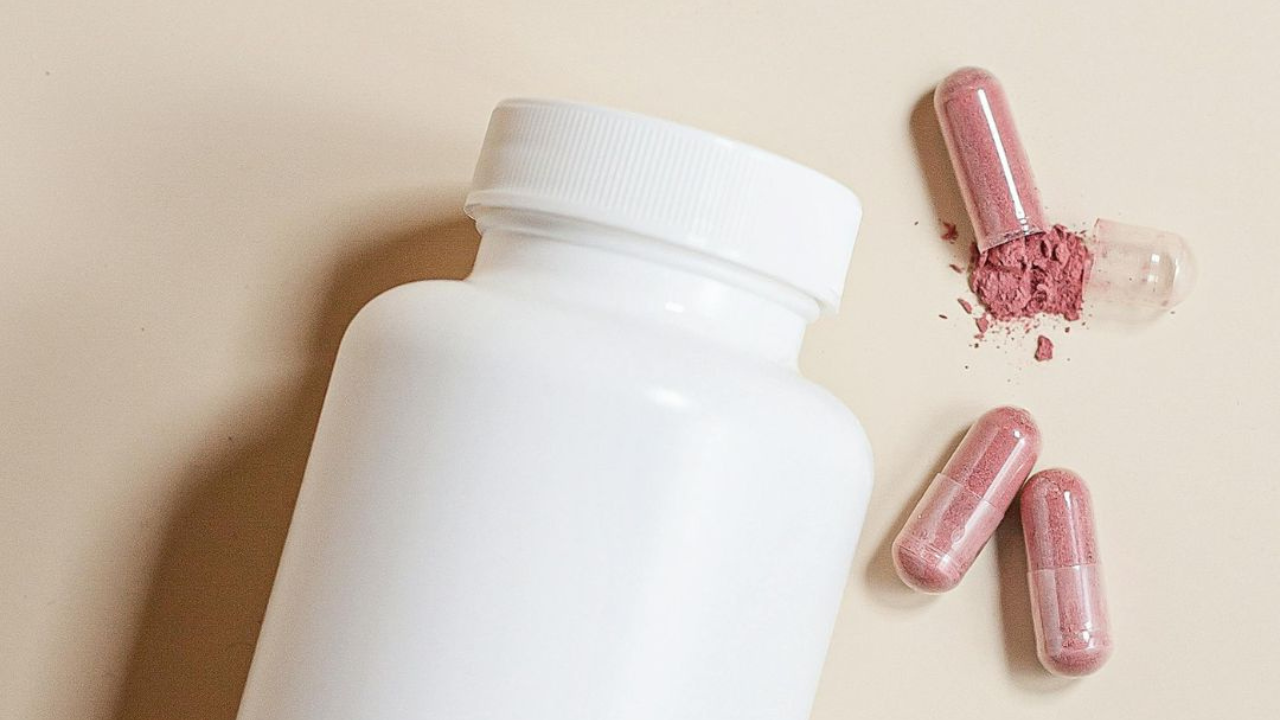
In addition to supplementation, you can support NAD+ levels naturally through:
- Regular Exercise: Physical activity enhances NAD+ production and supports mitochondrial function.
- Quality Sleep: Maintaining a consistent sleep schedule helps regulate NAD+ and circadian rhythms.
- Balanced Nutrition: Consuming a nutrient-dense diet rich in B vitamins, amino acids, and polyphenols can promote NAD+ synthesis.
- Circadian Rhythm Support: Eating meals at consistent times and getting natural light exposure helps regulate NAD+ metabolism.
Final Thoughts
While more human research is needed, early studies suggest that NAD+ and its precursors, such as NMN and NR, could be promising tools for improving egg quality and fertility. Whether through supplementation or lifestyle changes, supporting NAD+ levels may offer another avenue for those trying to conceive later in life.
If you're navigating age-related fertility challenges, consider discussing NAD+ optimization with a fertility expert to see if it might be a valuable addition to your journey.
